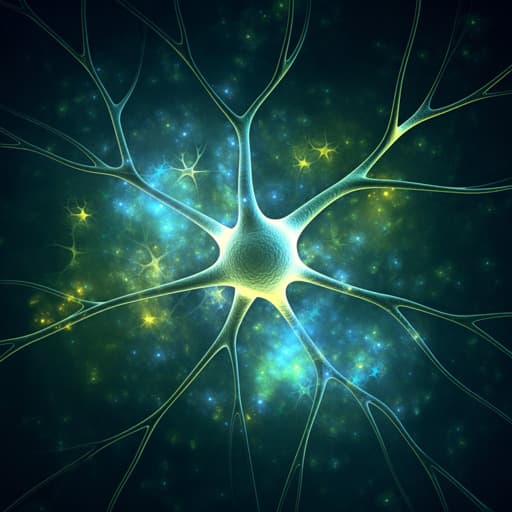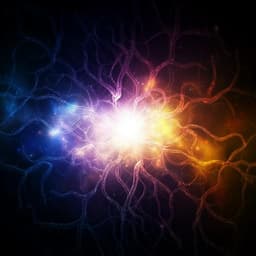
Psychology
Psilocybin for treatment-resistant depression without psychedelic effects: study protocol for a 4-week, double-blind, proof-of-concept randomised controlled trial
M. I. Husain, D. M. Blumberger, et al.
Explore a groundbreaking study conducted by Muhammad Ishrat Husain and colleagues, investigating the effects of psilocybin combined with risperidone in adults with treatment-resistant depression. This trial addresses the feasibility and potential antidepressant effects while unraveling psilocybin's mechanisms of action.
Related Publications
Explore these studies to deepen your understanding of the subject.







